#(however. to be fair. I am aware that is the typical result when jimmy looks at just about *anyone*)
Text
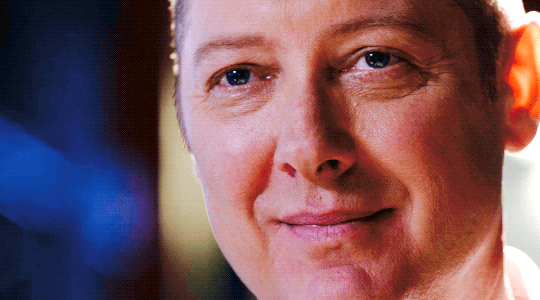
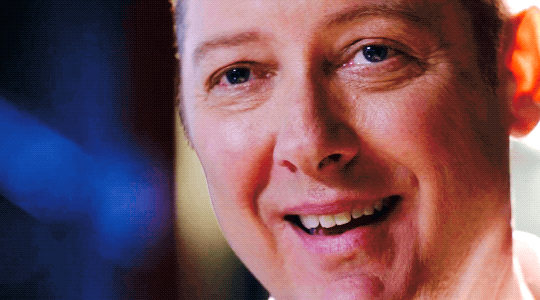
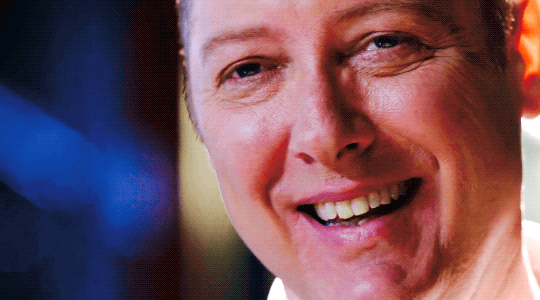
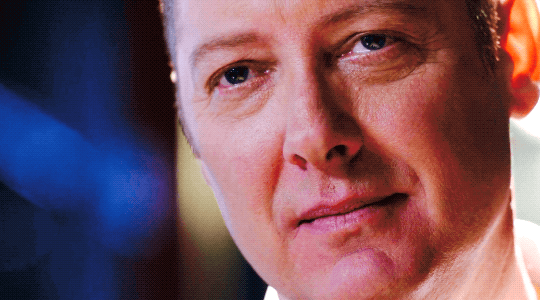
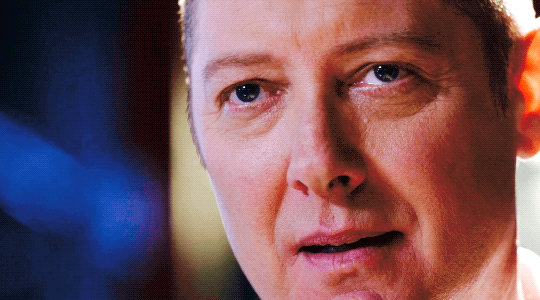
I'm a criminal, criminals are notorious liars. Everything about me is a lie.
THE BLACKLIST 1.01
#television peaked.#james spader#raymond reddington#the blacklist#WHAT WAS THE ORIGINAL ENDGAME!!!!!!! JON BOKENKAMP TELL ME#he's looking at her like he wants to EAT her likeee#(however. to be fair. I am aware that is the typical result when jimmy looks at just about *anyone*)
37 notes
·
View notes
Text
Makers of Music
“To the makers of music - all worlds, all times.”
-The Voyager Golden Records
This blog post is not a formal or argumentative essay (which I would expect to be the dominant essay type in the upcoming weeks). Rather, this is an exercise in meditation.
I can’t sleep. Why?
I’ve been working on a short film for the past few days. My OCD and unwillingness to share anything short of perfection (yes, I am unapologetically anal about putting any piece of writing, video, etc. out into the public that isn’t the absolute best I have to give) has turned a project that was intended to be enjoyable and self-reflective into a stress-inducing and time-consuming commitment.
So I can’t sleep because I have an urge to return to my laptop and continue to narrate, film and edit. But I also can’t sleep because I can’t help but lay awake pondering the self-imposed questions I will have to answer if I want to see this short-film come to life.
I’ve taken to Tumblr because if I told my friends I couldn’t sleep, they’d assume a worst case scenario (which would typically be the aptly titled “Sad Boy Hours”) and if I told my parents I’d reinforce their concerns that I worry too much (which candidly, I do).
I wish not to reveal anything unnecessary of the short film, but I do find it appropriate to share the questions that I lie awake pondering.
If you had to choose the pictures, videos, sounds, poems, books, paintings, music, and knowledge that best represent you, what would you choose?
To some the question requires little to no hesitation. To others it is unanswerable, if among many reasons it is because it leads to many more questions and dilemmas. I am unsurprisingly a member of the latter.
How can you craft a fair representation of your past self…your future self? Do they not share equal fragments in your whole existence? Likewise, would you choose the pieces that exemplify your imperfect self? Or would you wish to only share representations of your ideal self?
The aforementioned question and the many that follow it are at the heart of what I seek to tap into through the course of this short film and is inspired by my favorite story of human finitude: the Voyager Program.
Briefly, the Voyager Program was a project by NASA that launched two space probes, Voyager 1 and Voyager 2, in August and September of 1977. The Voyager’s central mission was the flyby and scientific observations of the outer planets (and their respective moons, rings, etc.) of our Solar System.
The mission was successful in sending back hundreds of important measurements, data points, and photographs (perhaps most famously, is the Pale Blue Dot photograph that captures Earth as indeed a “pale blue dot” amidst the vast emptiness of space). Beyond this already exceptional body of work, NASA had the foresight that upon completion of the central mission, Voyager 1 and Voyager 2 would not cease drifting into interstellar space.
Thus, NASA appointed Dr. Carl Sagan as the chair of a committee that was tasked with creating a time capsule to represent humanity in the event that either Voyagers would be intercepted by intelligent, extraterrestrial life.
The result of Dr. Sagan and Co.’s efforts? The Golden Record. A collection of 115 images, 90 minutes of humanity’s greatest music, a plethora of Earth’s natural sounds, and human greetings in over 55 languages, all pressed onto a 12” gold-plated copper disk (complete with incredibly meticulous and well-thought instructions for playback).
I have gone over how difficult it would be to choose the creative media to represent just ourselves as individuals. Can one bring themself to imagine the unprecedented challenge that Dr. Sagan’s team faced?
Presiding over the entire project must’ve been the reality that it is improbable that such extraterrestrial life exists that hears, sees, and processes information in human-like manner. Further, one would imagine there must have been increasing pressure to include (and exclude) the appropriate facets of the human experience and the pinnacles of human creativity, in an ethical and responsible manner.
However, this wasn’t the case. In an article for the New Yorker in August of 2017, Timothy Ferris, producer of the Golden Record, reflects with fondness. In detailing the experience of selecting humanity’s music, Ferris writes: “We’d comb through all this music individually, then meet and go over our nominees in long discussions stretching into the night. It was exhausting, involving, utterly delightful work.” Sounds a lot like the late night music sessions I’d have with my friends.
It would dishearten me if my description of creating a short film and a Golden Record for my own life (“stress inducing” and “time consuming”) were taken out of context. While Dr. Sagan and Timothy Ferris worked in the face of bureaucratic deadlines and regulation, they did their job with a passion and care that is metaphorically represented in the enduring life of the records. (The records are expected to remain playable for over a billion years).
I work with no boss other than myself. As a good friend once reminded me, “You’re your own worst critic”. My project is stressful and time-consuming because I, like almost every human being before me has and every human being after me will, look towards the night sky with awe, asking in silence more questions about the meaning and purpose of one’s place and existence in the universe as we know it.
I am not exceptional. (One of my favorite college essays I wrote was for the University of Washington, detailing a trip to Yosemite National Park which doubled as the first time I had ever seen the night sky proper). When compared to the infinitude of space, our physical and temporal limitations are baffling.
While I don’t believe that this project will convince me otherwise, I am not appealing to the anti-humanists in the crowd. The uncompromising reality of a universe indifferent to the wishes of men must not be made analogous to remarks similar to philosopher John Gray’s in his 2003 book Straw Dogs: “If we speak of the history of the human species at all, it is only to signify the unknowable sum of these lives. As with other animals, some lives are happy, others are wretched. None has a meaning beyond itself.”
This is crucial because the Voyagers and Golden Records (and to a significantly smaller scale my short film and construction of a time capsule of my own) are exemplary of the very best in human nature. Humans at their best are curious, self-reflective, and wish to see new horizons. As Carl Sagan himself noted: “The launching of this bottle (Voyagers 1 and 2) into the cosmic ocean says something very hopeful about life on this planet."
Some may denounce time pondering the Voyager Program in the midst of the challenges we the human species face as wasted time. One may reference not only the global pandemic, but a difficult grappling with issues of race within the United State (where I write this), the blatant neglect for the Earth’s climate and natural resources, and rising xenophobia throughout even the world’s most developed countries.
In response, I feel a need to share that I too am acutely aware of the hardships we face. I recently read Richard Haas’ The World: A Brief Introduction (Think of the book as an Introduction to Foreign Policy/Globalization for Dummies). Each chapter ended with a section titled “Looking Ahead” in which he summarized the future prospects of the region, development, etc. Reading that book left me existential angst, for almost every chapter concluded with dreadful prospects for the future of humanity.
However, let us remember the message attached to Voyager 1 by then United State’s President Jimmy Carter. It reads: “This is a present from a small distant world, a token of our sounds, our science, our images, our music, our thoughts, and our feelings. We are attempting to survive our time so we may live into yours. We hope someday, having solved the problems we face, to join a community of galactic civilizations. This record represents our hope and our determination, and our good will in a vast and awesome universe.”
Perhaps, in our most intimate moments when we acquaint ourselves with our uncertainty over the meaning and purpose of our existence, we may remind ourselves that like Voyager, we too are stewards to the future of humanity. And like Voyager, we too are encouraged to observe and remember the awesome music, sounds, peoples, places, and knowledge along the way.
-Joe Sison (July 4th, 2020)
3 notes
·
View notes